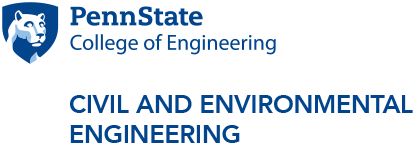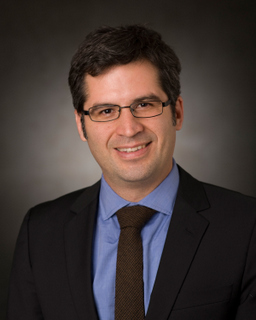CEE Seminar Series: Resilience of Cities to Climate-Induced Supply Shocks
The recording for this seminar is now available
Abstract: Food supply shocks are increasing worldwide, particularly the type of shock wherein food production or distribution loss in one location propagates through the food supply chain to other locations. Analogous to biodiversity buffering ecosystems against external shocks, ecological theory suggests that food supply chain diversity is crucial for managing the risk of food shock to human populations. In this talk, Mejia shows that boosting a city’s food supply chain diversity increases the resistance of a city to food shocks. Based on this finding, an intensity-duration-frequency model is developed linking food shock risk to supply chain diversity. The model explains a city’s resistance to food shocks of a given frequency, intensity, and duration as a monotonically declining function of the city’s food inflow supply chain’s Shannon diversity. Using this method, cities can improve their resistance to food supply shocks with policies that increase the food supply chain’s diversity.
Biography: Alfonso Mejia is an associate professor in the Department of Civil and Environmental Engineering at Penn State. He earned his bachelor’s and doctoral degrees in civil and environmental engineering from the University of Maryland and his master's degree in the civil and environmental engineering from Colorado State University. Prior to Penn State, he was a postdoctoral fellow and research scientist at NOAA’s Office of Water Prediction. He performs interdisciplinary research on the interactions between water and other Earth and human subsystems. This research has examined the influence of stormwater management on hydrological functioning, advanced the hydrological prediction of floods, and addressed the possible impacts of climate change on hydroclimatic extremes. Recently, he has been building and visualizing a comprehensive dataset of food-energy-water for the United States. As part of this research, he and his collaborators received the Boggess Award from the American Water Resources Association. Prior to academia, he worked as water resources engineer in the private sector and as hydrologist in the USGS and International Joint Commission.
Additional Information:
Lecture begins at 4 p.m. and will be followed by a question and answer session. Event concludes at 5:30 p.m. Registration is required.
Event Contact: Tim Schley




